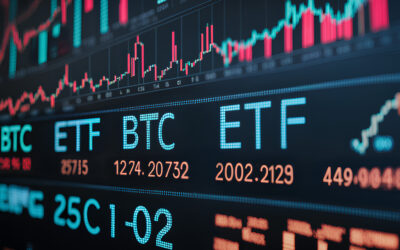The Evolution of Currency to Bitcoin and Ethereum
The history of money has always been about the exchange, regardless of what was used as currency: gold, silver, even shells, food, and animals. So how did this concept evolve?
It wasn’t until about two thousand years ago that we began to use paper money instead of gold or silver coins as our primary means of exchange. While paper money allowed large amounts of cash to be transported more easily over long distances (pre-computers), these currencies tended to lose value over time.
In the 1800s, merchants began using credit coins and plates to extend credit to farmers. These evolved to the predecessor of the modern credit card – the Diner’s Club card – which was to be paid in full each month. Shortly thereafter, banks began offering their own cards with revolving credit.
In the late 1990s, PayPal was founded, paving an easier way for online payments to businesses. Services like Venmo, Zelle, and Cash App hit the market about a decade later, making it simple to request, send and accept payments between individuals, not just businesses.
In the past few years, several new developments in the world of money have changed how we use it today. Bitcoin is one such innovation. Bitcoin is an electronic currency that allows people to make payments over the internet without any third-party involvement.
While Bitcoin’s price fluctuations are often volatile, its value as a currency has grown steadily. It is now accepted by many online retailers, such as Overstock.com and Microsoft Store.
Another significant development in the history of money is Ethereum, an alternative digital currency that powers smart contracts. On the Ethereum blockchain network, smart contracts allow users to execute tasks using blockchain technology without relying on intermediaries like banks or lawyers. Instead, users can create their smart contracts digitally and exchange or store data or assets easily.



